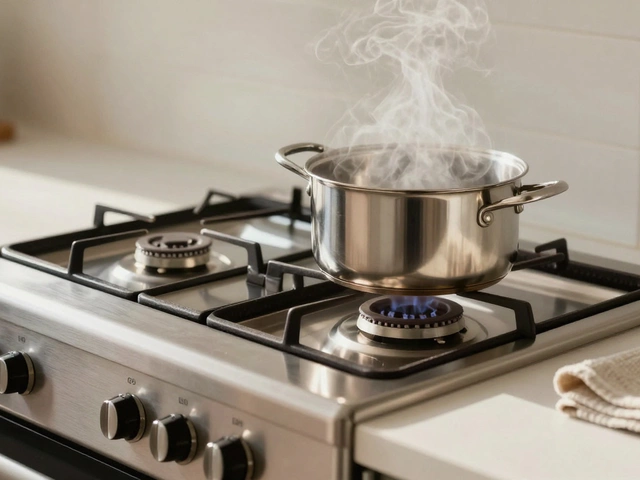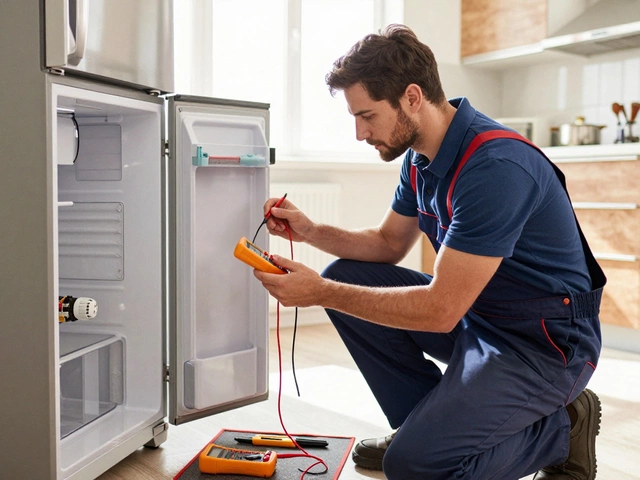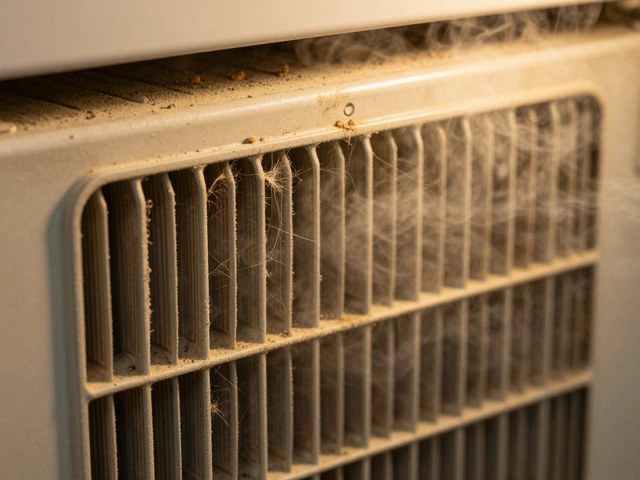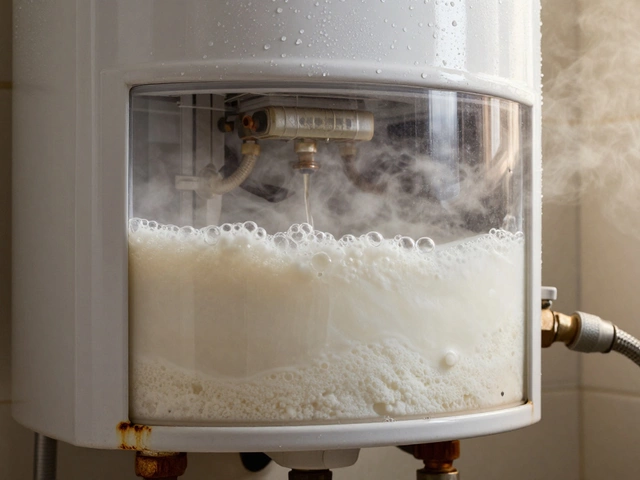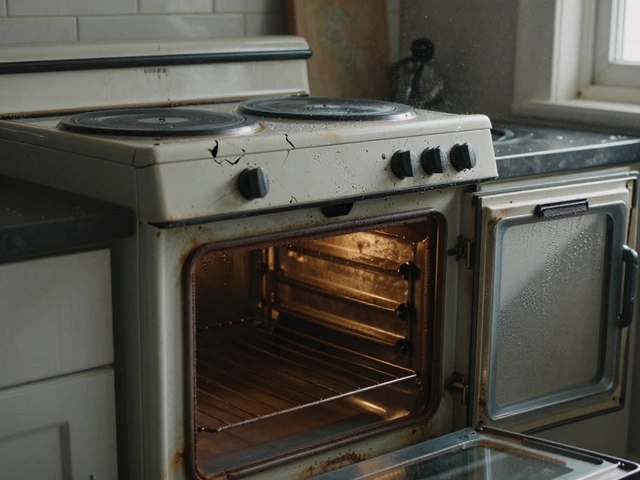Repair or Replace: Simple Ways to Choose Between Fixing and Buying New Appliances
Got a noisy fridge, a leaky dishwasher, or an oven that won’t heat? Your first question is probably, "Should I repair it or just buy a new one?" The answer isn’t always obvious, but you don’t need a PhD to work it out. Below are practical steps you can follow to make a smart decision without blowing your budget.
Check the Age and Cost of the Appliance
Age matters. Most major appliances have an average lifespan – washing machines about 10‑12 years, fridges 12‑15, ovens 10‑15. If your unit is well under that range, it’s worth giving repair a try. Next, look at the repair quote. A good rule of thumb is the 50 % rule: if fixing costs more than half the price of a comparable new model, it’s usually better to replace.
For example, you might get a £200 quote to replace a faulty fridge compressor. If a new fridge of similar size runs around £350, the repair passes the 50 % test and could be the cheaper option. But if the same repair costs £300, you’re edging close to the cost of a new unit, and the extra years you’d gain might not be worth it.
Consider Energy Efficiency and Ongoing Costs
Older appliances often sip more electricity than newer, energy‑rated models. Even if a repair looks cheap today, a higher utility bill can add up fast. Look up the appliance’s energy rating – a recent A‑rated fridge can save £30‑£50 a year compared to an old B‑rated one.
Do a quick math: if a repair is £150 and the new, efficient model is £400, you’ll need to save about £25‑£30 a year to break even in roughly 10 years. If you plan to keep the appliance that long, the new model makes sense. If you’ll move house soon, the repair might be the better short‑term fix.
Another clue is the availability of spare parts. Some manufacturers stop making parts after a few years, making future repairs harder and pricier. Checking the brand’s support page or asking your local technician can save you a surprise later.
Lastly, think about downtime. A broken fridge can spoil food fast, while a dishwasher outage might be more tolerable. If the inconvenience costs you time or food, a quick replacement could be worth the extra cash.
In short, weigh age, repair cost, energy use, part availability, and how critical the appliance is to daily life. When you’ve got these factors in hand, the decision becomes much clearer.
Need a deeper dive? Check out our related posts on the tag “repair or replace”:
- "Most Expensive Refrigerator Repairs: What Breaks the Bank?" – learn which fridge problems cost the most and when to say goodbye.
- "Is It Worth Repairing a 7 Year Old Oven?" – a detailed look at oven lifespan versus repair price.
- "When Not to Repair a Dryer: Signs It’s Time to Move On" – spot the red flags that mean a dryer is beyond saving.
Whatever you choose, make sure the decision fits your budget, your home’s needs, and how long you plan to stay in the house. A smart choice today means fewer headaches tomorrow.
Electric Oven Repair: Is It Worth Fixing a 20-Year-Old Oven?
- Alden Wilder
- Jun 12 2025
- 0 Comments
Thinking about whether to fix a 20-year-old oven? This article breaks down the real costs, hidden risks, and tells you how to decide if hanging onto your old oven actually makes sense. Get straight answers about parts, efficiency, and safety, plus a no-nonsense checklist for taking the next step. If your kitchen is stuck in the early 2000s, see what’s really worth your money and what’s just wasting your time.
View More
